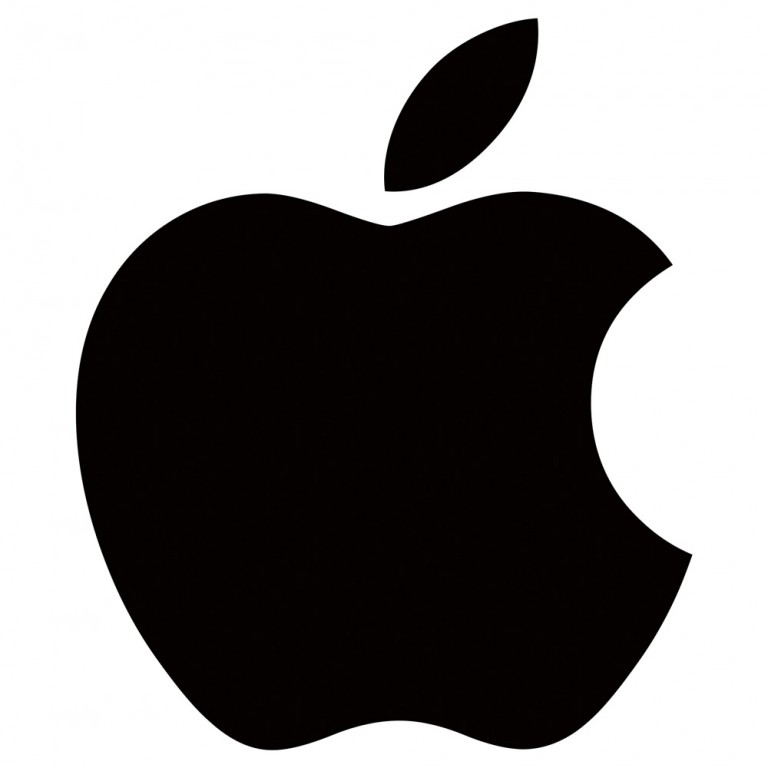
Kelsey Knorp
National Beat Reporter
The Federal Bureau of Investigation has pitted itself against the tech industry — specifically Apple — in its quest to unlock the phone used by November’s San Bernardino shooters.
A federal judge ordered the company earlier this month to hack the iPhone, whose passcode was erased after too many FBI attempts to crack it. Additional attempts could trigger the software’s self-destruct feature, erasing the phone completely. The remaining avenue for Apple to procure the data entails an encryption override that CEO Tim Cook called the “software equivalent of cancer” in an exclusive with ABC News.
Apple and its supporters predict handing such software over to the federal government could lead to mass infiltration of personal technology, a suspicion that has not been dispelled by 12 additional pending orders to hack similar devices.
Famed cybersecurity expert John McAfee has publicly volunteered to decrypt the phone free of charge, promising to release the data — but not its means of extraction — to officials. However, Apple has the resources and exclusive code access to execute just that kind of “brute force” entry, according to Machiry Aravind, a cybersecurity doctoral candidate at the University of California, Santa Barbara.
“I’m not sure how exactly it can harm us, because Apple can create a software only for that particular device,” Aravind said. “They can give this to the FBI, and they can use that only on that particular device.”
Under such conditions, turning extracted data over to the FBI would pose no real harm to American privacy, so long as Apple keeps its methods confidential, Aravind argued.
The unique key Apple uses to sign its software plays a vital role in overriding it, the Ph.D student further noted. For even the most skilled hackers, prior knowledge of this code is essential, or else the task is rendered “close to impossible.”
Though he supports the tech giant’s motives for resisting federal probes, Aravind finds it probable that authorities will ultimately prevail in the company’s “losing battle.”
“Apple is doing a good job in saying ‘no’ to the FBI, but the FBI has valid reasons as well,” he said. “If we can do this as a one-time thing, or they can take the device and do the job themselves, it would be good for everyone.”
While the hack itself would cost Apple less than $200,000, the company would dedicate between $25 million and $50 million to containment facilities protecting the decrypted version of its operating system, according to a CNN report. Additional labor would be necessary to monitor the software’s creation and to destroy it once the work is complete.
To carry out a one-time hack in an ethically sound manner, those protections are both prudent and necessary, according to cybersecurity Ph.D candidate Kevin Borgolte. If the software proves vulnerable to leaks, Apple will need to “patch” it for security.
“But even that [option]’s not really viable, because then you have people who decide that they don’t want this patch, because they might want to do other stuff and theoretically create more components,” Borgolte said. “You’ll start opening a box which you can’t easily close.”
National security becomes more vulnerable as government access to the tech industry expands, he cautioned. More technical weaknesses are exposed to nations like China as the U.S government obtains data portals through companies like Apple or competitors like Google or Microsoft.
Upon compliance, Apple could face considerable customer mistrust and thereby cede much of its public credibility. Borgolte said this competitive aspect plays an important part in the controversy as well.
But for many, a fundamental question still looms: why can’t the FBI crack the encryption itself? According to McAfee, it’s because “the FBI will not hire anyone with a 24-inch purple mohawk, 10-gauge ear piercings, and a tattooed face who demands to smoke weed while working and won’t work for less than a half-million dollars a year.”
In today’s market, Borgolte said it’s likely the country’s most advanced hackers wouldn’t work for the federal government anyway. Experts skilled enough to decrypt Apple’s code without assistance from the company know they can find preferable working conditions and better salaries — as much as four to six times higher — in the private sector.
Apple has garnered the support of Silicon Valley executives like Facebook founder Mark Zuckerberg and Google CEO Sundar Pichai, though Microsoft Founder Bill Gates has positioned himself somewhat differently.
“This is a specific case where the government is asking for access to information. They are not asking for some general thing, they are asking for a particular case,” Mr. Gates told the Financial Times.
As of Monday, a federal judge denied a similar FBI order for Apple to decrypt the phone of confessed meth dealer Jun Feng. The contentious mandate rests on the same law — the 1789 All Writs Act — as the order pertaining to the San Bernardino case.
“The implications of the government’s position are so far-reaching — both in terms of what it would allow today and what it implies about Congressional intent in 1789 — as to produce impermissibly absurd results,” the judge stated.
FBI Director James Comey reminded Americans of the bureau’s good intentions in a Feb. 21 statement.
“We simply want the chance, with a search warrant, to try to guess the terrorist’s passcode without the phone essentially self-destructing and without it taking a decade to guess correctly. That’s it,” he said. “We don’t want to break anyone’s encryption or set a master key loose on the land. I hope thoughtful people will take the time to understand that.”










